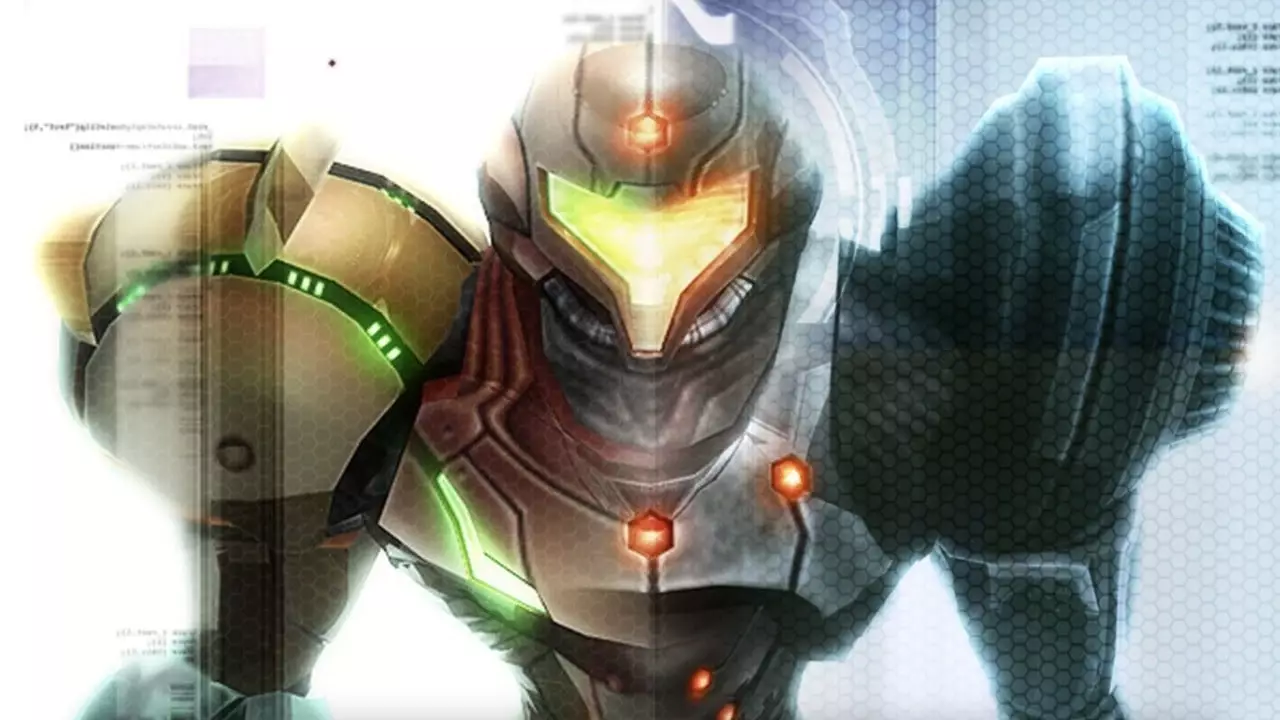The video game industry tends to scrutinize sequels with a meticulous eye, particularly when it comes to titles that are as revered as the original Metroid Prime. Released in 2004, Metroid Prime 2: Echoes is a sequel that faces the daunting task of living up to its groundbreaking predecessor. While it has often been deemed the “lesser” entry in the series, this designation overshadows the creative strides the game made, particularly with its intriguing dual-world mechanic. This article delves into the elements that define Echoes, evaluating its merits and faults, while considering why this game deserves more acknowledgment in the broader context of the Metroid franchise.
Following a monumental success like the original Metroid Prime presents a unique set of challenges. Not only does a sequel need to preserve what made the original great, but it must also innovate in a way that resonates with players. Critics and fans alike were initially skeptical about how Retro Studios would bring Metroid’s atmospheric exploration into a 3D first-person setting. Despite initial reservations, they not only succeeded but carved out a landmark in gaming history. Metroid Prime 2: Echoes, however, didn’t achieve the same universal acclaim, and as a result, the game often finds itself underappreciated.
The game’s departure into parallel worlds — a familiar trope within the gaming landscape but executed in fresh ways — fundamentally shifts the exploration experience. However, it appears that while some innovations were embraced, others met with criticism. This dichotomy between expectation and reception has stunted Echoes’ potential legacy.
At its heart, Metroid Prime 2: Echoes offers players a rich narrative experience through its dual-world system, which introduces players to the contrasting realms of Aether and Dark Aether. Each world demands a unique approach for exploration, elevating the usual navigation challenges into a more complex and engaging experience. Yet, this very mechanic, which delighted many players, seems to be a sticking point of contention for others.
Within Dark Aether, Samus Aran is subjected to a hazardous environment that not only impacts gameplay but serves to deepen the lore and emotional experience. The danger of the Dark Aether atmosphere pushes players to constantly be on the move, utilizing temporary safety zones. This mechanic imbues the game with urgency but has also been criticized as limiting in terms of exploration. Unlike the first installment, which boasted expansive biomes and diverse environments, Echoes presents more confined spaces that can feel repetitive over extended gameplay sessions.
However, even if it falls short of its predecessor in terms of environment diversity, it undeniably represents one of the more daring aspects of Metroid’s design philosophy.
Another aspect where Echoes stands out is in the evolution of Samus’ abilities and combat options. Retro Studios introduced new armor enhancements and weapons that opened a myriad of possibilities in how players could tackle various encounters. The additional complexity offered by the gameplay strategies reflects a growth in design sensibility, which merits acknowledgement.
Nevertheless, the balance in combat can feel uneven, particularly against certain bosses like the infamous Spider Guardian. This encounter has garnered a reputation for frustrating players, which does detract from the overall gameplay experience. Such inconsistencies raise questions about design choices and their impacts on audience reception.
Despite various criticisms, Metroid Prime 2: Echoes is still a triumph in many respects. Its ambitious dual-world mechanic is not only integral to gameplay but contributes to the psychological depth of its storytelling. While it may lack the broad acclaim of its predecessor, the game’s innovative spirit deserves recognition. As the gaming community evolves, so too should our appreciation for what Echoes brought to the franchise.
Metroid Prime 2: Echoes may not have achieved the iconic status of the first game, but its rich mechanics and risks taken should not be overlooked. The game has proven to be a cornerstone for exploration within gaming, and as developers look towards the future, revisiting these themes may yield new directions for beloved franchises. Perhaps, just perhaps, Echoes will one day rise above its narrative of being “lesser,” revealing the intricate layers and daring creativity that lay at its core.

